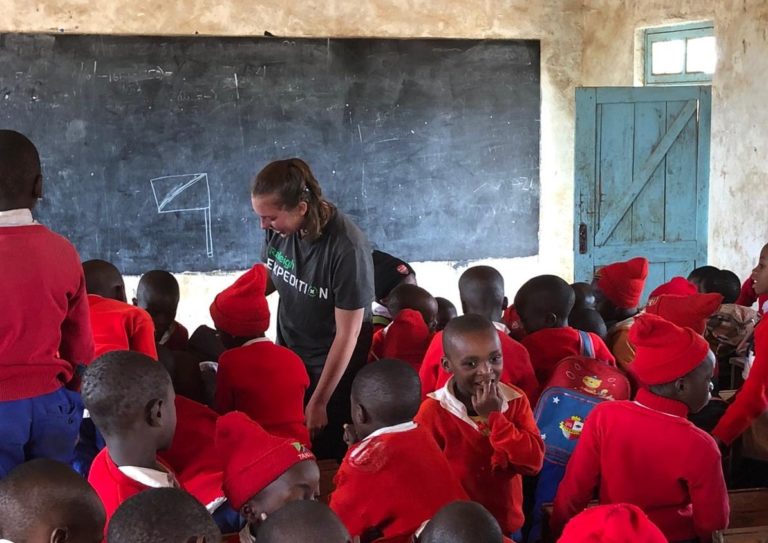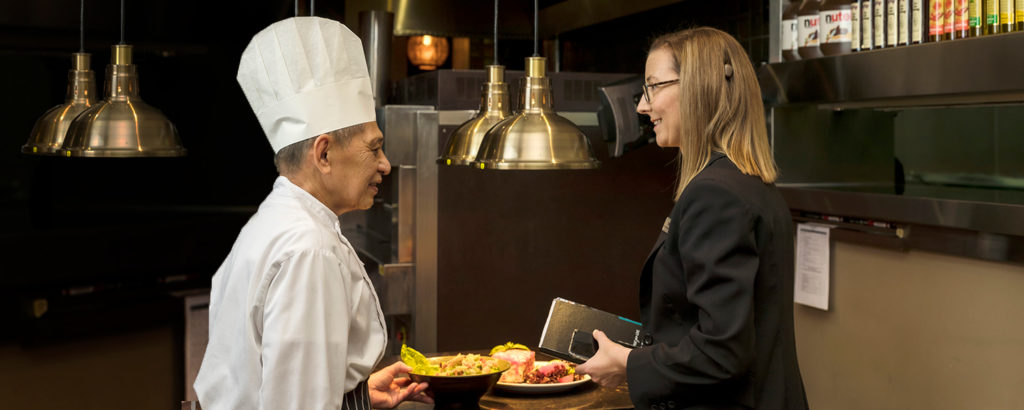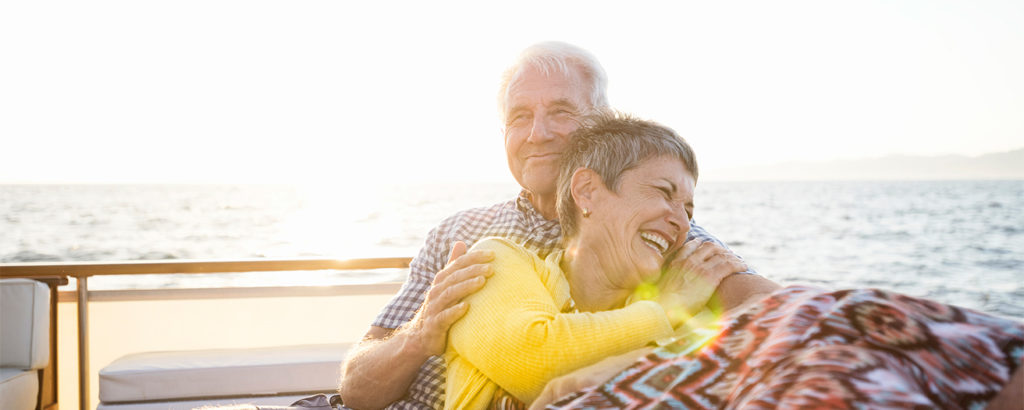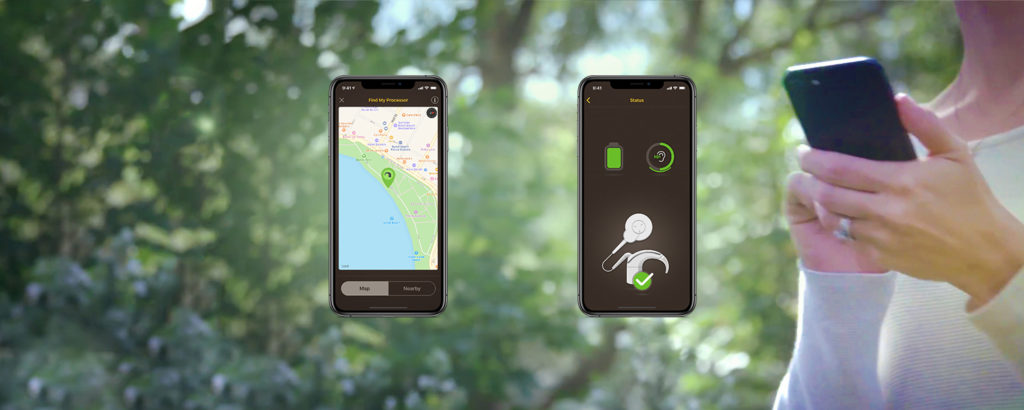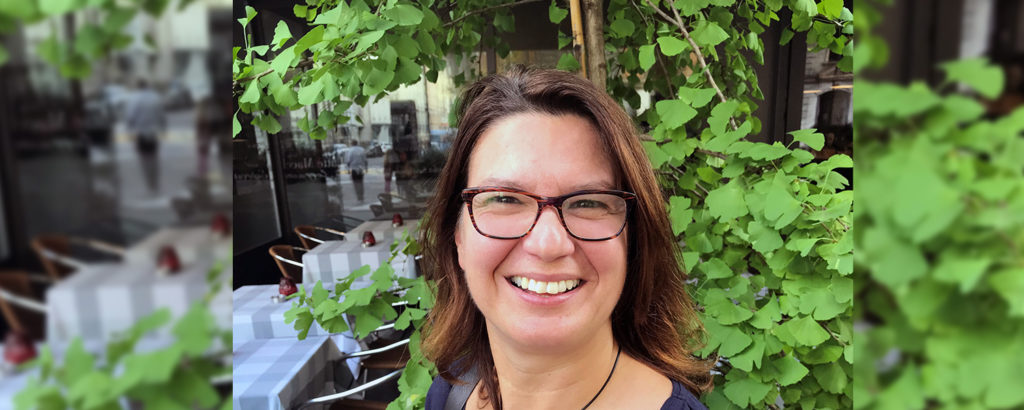I am 20 years old and I have bilateral Cochlear™ Nucleus® 7 processors. I recently travelled to the eastern coast of Africa to do charity work and I wanted to share my story with other recipients to show people that deafness and having cochlear implants shouldn’t stop you from being able to travel and see the world.
I travelled to Tanzania with a charity called Raleigh International with a plan to volunteer with them for 10 weeks. Unfortunately, my trip was cut short due to the coronavirus pandemic, but I still got to do so much; I helped to prepare the land and plant seeds for trees which would grow and help the community. I helped to build a toilet block in a primary school and taught some primary school children.
I chose to bring disposable batteries with me, enough for the whole trip and a few spares in case anything happened. Normally at home I use rechargeable batteries, so it was a bit different to what I am used to. It worked quite well for me as they lasted about 2 days before I would need to change them, and it became easy after the first few changes. I am very happy with the choice I made to bring disposable batteries as the electricity in the villages was a little unpredictable at times. I didn’t find myself worrying about my processors at all during the trip and having disposable batteries on me made me feel more confident.
I got asked by a few people about my cochlear implants. Some of the other volunteers and people from the community asked me about my hearing and checked to see if there was anything they should do differently while I was there. One of the Tanzanian builders on the construction site pointed at my processors and asked me what they were. With the help of a Swahili speaking volunteer I explained that they help me to hear as I am deaf, and after a short conversation with him he shook my hand and then carried on working with me. The children at the first home I was staying at were also very interested in my cochlear implants which always made me smile.
During my time in Tanzania I was doing a lot of outdoor practical work such as digging, moving bricks and making cement. I used a Cochlear™ Snugfit as I didn’t want to worry about the processor falling off my ear while I was working – this worked very well. Wearing my processors on the construction site made me feel safe as I could hear when people were coming past with a heavy wheelbarrow or when I needed to do something like grab a bucket of cement for a builder.
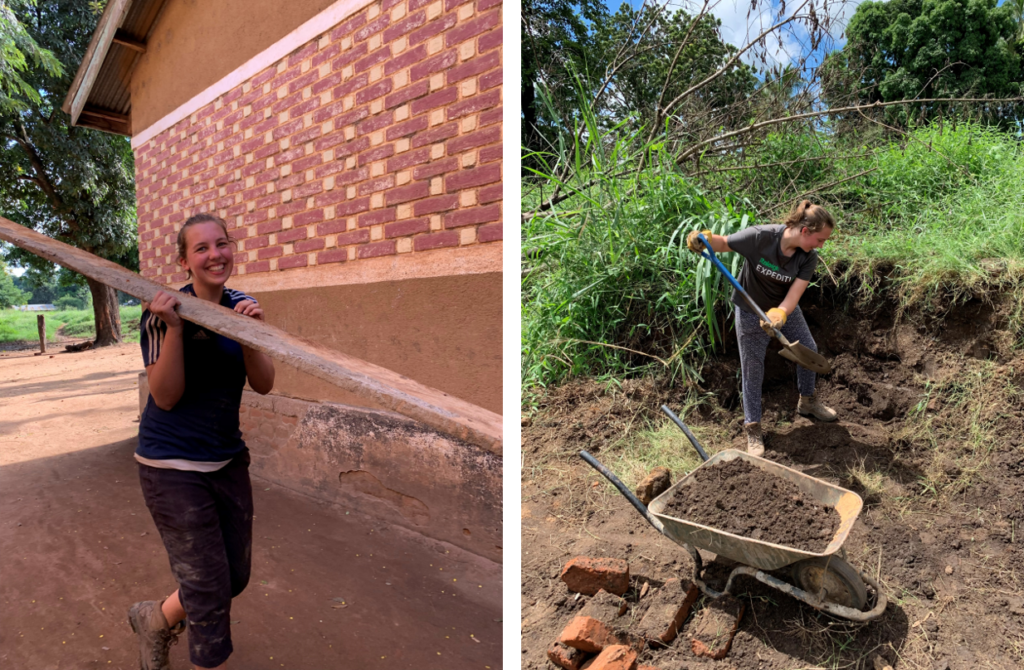
I also got the wonderful opportunity to teach in two primary schools in different areas of Tanzania. I taught the children at the first school about climate change and global warming and at the second school I taught them about water and food safety. I loved this experience as it was new to me and I enjoy working with children as at home I am a swimming teacher. I am so thankful for my cochlear implants as I could communicate with the Swahili translator and connect well with the children. When the class sang a song about clean water I could join in, laugh with them and follow the song even though it was sung in Swahili.
If anyone finds themselves in Tanzania, you must visit the Neema Cafe in Iringa; all the waiting staff are deaf. This was a huge surprise as we happened to stop there for lunch on one of our travel days and it was an amazing experience. It was a great way of showing that deaf people can even communicate with hearing people from another country. The cafe also has a Craft Shop and they are fighting the stigma of having a disability in Tanzania while providing hope to their staff, plus the food was incredible.
I had a fantastic time in Tanzania, and I experienced and learnt so much. The charity worked well with me as a deaf person with cochlear implants and I would recommend them to other people with hearing issues who want to do volunteer work abroad. If you’re thinking about traveling or volunteering, I would really recommend it; it is the best way to learn, grow and have fun.
